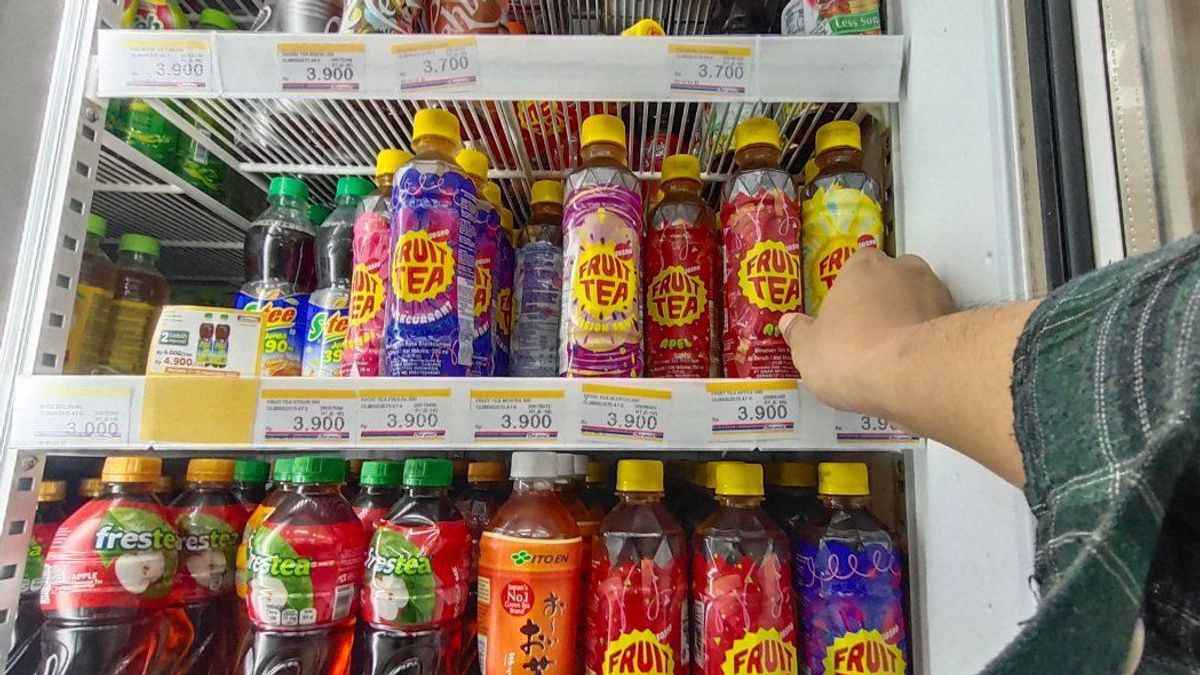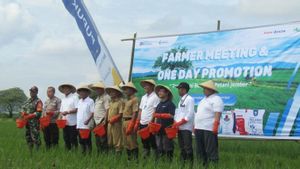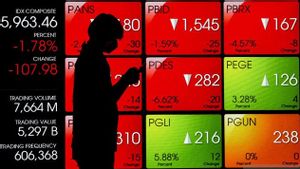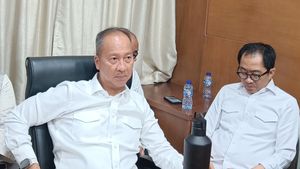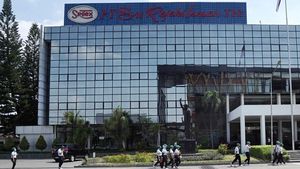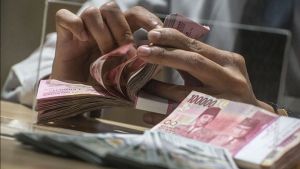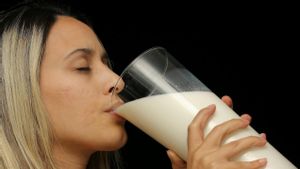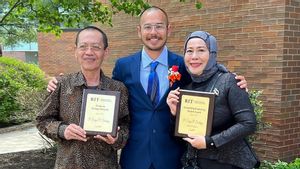JAKARTA - Macroeconomic and financial researcher at the Institute for Development of Economics and Finance (Indef) Riza Annisa Pujarama assesses that the policy of implementing packaged sweetened beverage excise (MBDK) is quite dilemmatic but needs to be done to reduce the negative impact on health.
"This policy is indeed quite a dilemma, but it needs to be done because of the current rise of sweetened drinks and the negative impact on health is a lot, from diabetes, obesity, heart disease, etc. Although the trigger for these diseases is not only from sweetened drinks, it contributes," he told VOI, Wednesday, July 10.
Meanwhile, based on the International Diabetes Federation, it shows that the number of people with Indonesian diabetes is the 5th highest in 2021.
Riza said that the MBDK excise rate does not yet have the right calculation. However, if subject to excise duty, the MBDK price will automatically increase at the consumer level.
According to Riza, this price increase is expected to be a brake for the community to reduce MBDK consumption and change people's consumption patterns. Although it can affect small traders' income due to a decrease in demand in the community.
Riza conveyed that the real important thing in implementing the MBDK excise policy is education about the consumption of sweetened drinks to the public at large.
"Then policy socialization needs a good approach so that the goal is clear to the community," he said.
Meanwhile, for poverty, Riza said that it is necessary to look further, if the impact is indeed large, there will be a large reduction in the production scale, it could have an impact on poverty.
Meanwhile, Tax Center for Indonesia Taxation Analysis (CITA) Observer Fajry Akbar assesses that the government needs to develop excise goods through the Directorate General of Customs and Excise.
"Of course we need to extensify excisable goods. Given the number of excisable goods (BKC) in Indonesia which is still minimal compared to neighboring countries," he told VOI, Wednesday, July 10.
Cita said that there are currently only three BKCs, while our neighboring countries in ASEAN have dozens. On the other hand, the tobacco products industry continues to decline, so there is a risk of a budget if it depends on the acceptance of cigarette excise.
Therefore, Cita conveyed that one of the potential BKCs that can be executed is packaged sweetened drinks (MBDK) considering the characteristics of the MBDK in accordance with the characteristics of the BKC in Article 2 paragraph 1 of the Excise Law.
According to Cita, MBDK excise rates can use benchmarking with neighboring countries whose purchasing power is in accordance with Indonesia or benchmarking with other countries but is adjusted to per capita income with a relative income price or RIP measure.
"Use benchmarking with neighboring countries whose purchasing power is in accordance with Indonesia or benchmarking with other countries but adjusted to per capita income, we can use a relative income price or RIP measure," he said.
Cita said that if the MBDK excise tax was applied at IDR 1,771 per liter, it would be the same value as neighboring countries whose economic conditions were no different from Indonesia's. However, for the beginning the implementation needs to be given accommodative tariff for the industry.
SEE ALSO:
"For the beginning of the implementation, let it run administratively properly first. Although it will have an impact on control and smaller acceptance than it should be," he said.
Cita conveyed that the implementation of MBDK excise would have an impact on the Indonesian economy, therefore the importance of policy design by applying discriminatory rates for products that are better for health, such as low- sugar products or good products or needed for the body such as juice drinks or milk.
"If it's like this, there is only a consumption shift, not a reduction in consumption. The impact on small business actors or poverty is nothing to worry about," he explained.
On the other hand, Cita said that from the excise revenue, the government will use it in the form of state spending that has an economic impact, especially when it is used for BPJS Kesehatan so that people will agree.
The English, Chinese, Japanese, Arabic, and French versions are automatically generated by the AI. So there may still be inaccuracies in translating, please always see Indonesian as our main language. (system supported by DigitalSiber.id)
